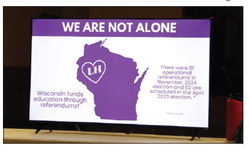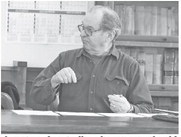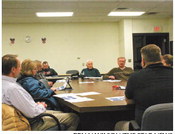Without a school, a community loses their identity


By Ginna Young Why should we, as taxpayers, support an operational referendum? Good question, with the answer a simple one – because if you don’t, the school will cease to exist.
It’s not a threat, it’s not a scare tactic, it’s plain fact. When a school district has to turn to the taxpayers, it means that there is no other recourse. That’s what is happening at Lake Holcombe.
The reason is, in the 1990s, the district undertook a building project, so they decided to give taxpayers a break and made the levy limit lower that year. Unfortunately, the state funding changed about that time, and the levy rates were locked in, meaning, without going to referendum, just to keep the doors open, Lake Holcombe is not receiving enough state aid to function.
For 18 years, the district has requested that the residents of the district support a three-year, recurring referendum to exceed the levy limit, so programming can continue, teachers can be recruited and retained, and maintenance can be performed on the building.
It’s not an ideal situation for anyone, but one that has worked. Now, however, the district is facing record inflation, including skyrocketing property insurance.
“We’ve all seen it at the store, at the gas pump,” said district administrator Kurt Lindau.
But, the main reason, is insufficient funding at the state level. As an example of how funding education works, there were 81 operational referendums in November 2024, with 62 scheduled for this spring election.
“We’re not alone,” said Lindau.
Lake Holcombe once received $4,453, per student (in
See WITHOUT A SCHOOL / Page 4


